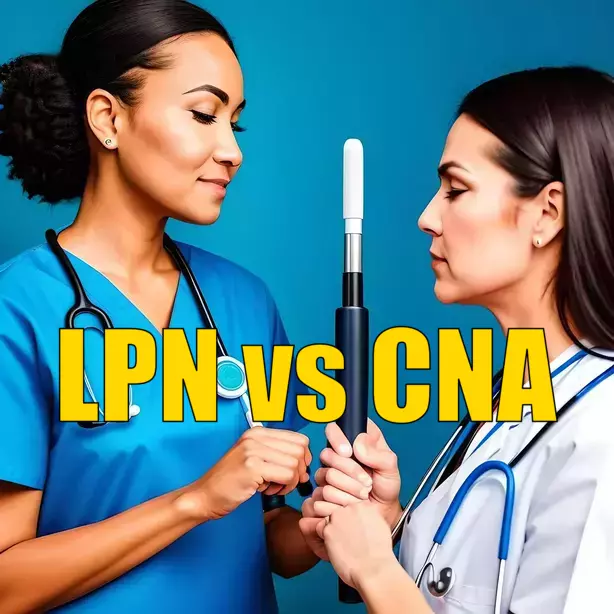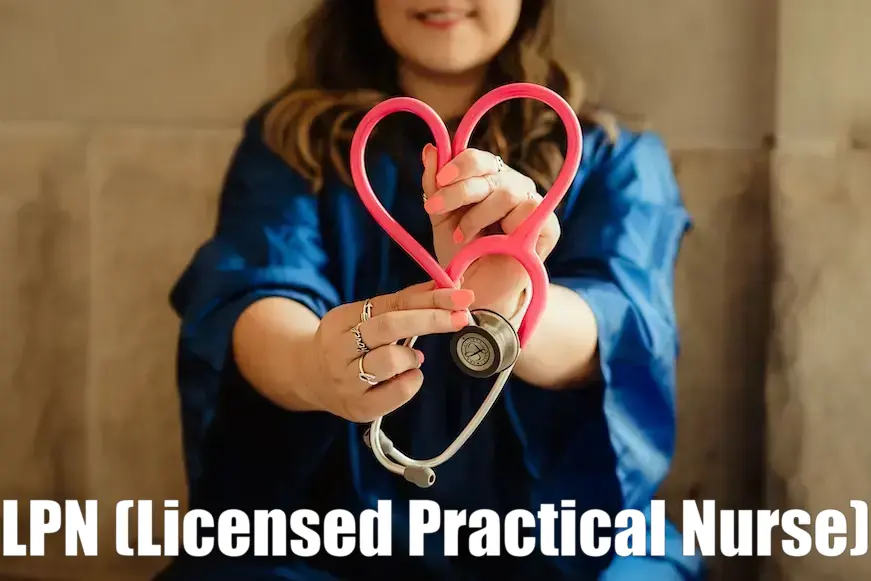In the world of nursing, certification and licensure are two crucial aspects that play a significant role in shaping a nurse’s career. This guide will help you understand what’s required for each, ensuring you’re well-informed about the process and requirements.
Whether you’re just starting your nursing journey or looking to advance your career, this article will provide the information you need to navigate RN certification and licensure effectively.
What is RN Certification?

RN certification is a formal process that allows Registered Nurses to prove their expertise in a specific area of nursing. Unlike licensure, which is a legal requirement to practice nursing, certification is often optional but highly beneficial.
Definition and Purpose
Certification is awarded by professional organizations such as the American Nurses Credentialing Center (ANCC) and the American Association of Nurse Practitioners (AANP). It demonstrates a nurse’s specialized knowledge and skills in a particular field, such as pediatrics or geriatrics.
Differences Between Certification and Licensure
While both certification and licensure are crucial, they serve different purposes:
- Licensure is required by state law to practice nursing.
- Certification is a voluntary process that can enhance a nurse’s qualifications and career opportunities.
Overview of Certification Bodies
- ANCC: Offers certifications in various specialties like oncology, family nursing, and psychiatric-mental health.
- AANP: Focuses on certifications for Nurse Practitioners in areas such as family practice and adult-gerontology.
How Certification Impacts a Nursing Career
Achieving certification can open doors to advanced positions, specialized roles, and higher salaries. It often reflects a nurse’s commitment to ongoing education and professional growth.
What is RN Licensure?
RN licensure is a mandatory requirement for all nurses who wish to practice legally. It ensures that nurses meet the minimum standards required to provide safe and effective care.
Definition and Purpose
Licensure is issued by state nursing boards and is necessary to legally work as a Registered Nurse in any state. Each state has its own set of requirements and regulations, which can vary widely.
The Process of Obtaining RN Licensure
To become licensed, you must:
- Complete an accredited nursing program: This could be a diploma, associate degree, or bachelor’s degree in nursing.
- Pass the NCLEX-RN Exam: The National Council Licensure Examination for Registered Nurses is a standardized test that evaluates your knowledge and readiness to practice.
- Submit an application to your state board: You must provide proof of your education and pass a background check.
State-Specific Requirements and Variations
Different states may have additional requirements, such as extra exams or specific continuing education credits. It’s important to check with your state’s nursing board for the exact criteria.
The Role of NCSBN
The National Council of State Boards of Nursing (NCSBN) supports nursing boards by providing guidelines and resources to ensure consistent standards across states. They also administer the NCLEX-RN exam.
Key Requirements for RN Certification
Educational Prerequisites
Before applying for certification, you must have completed an accredited nursing education program. This education provides the foundational knowledge needed for specialized practice.
Clinical Experience Requirements
Most certifications require a certain amount of clinical experience in the specialty area. This experience ensures that you have practical skills in addition to theoretical knowledge.
Examination Details
Certification exams vary depending on the specialty. For instance, the ANCC offers exams in various fields, such as:
- Family Nurse Practitioner (FNP)
- Psychiatric-Mental Health Nurse Practitioner (PMHNP)
The exams test both theoretical knowledge and practical skills.
Continuing Education and Renewal Requirements
Certifications typically require ongoing education to maintain. This can include additional coursework or professional development activities. Renewing your certification usually happens every few years and requires proof of continued practice and education.
Fees Associated with Certification
Certification involves fees that cover the application and examination process. These fees can vary based on the certifying body and specialty area.
Key Requirements for RN Licensure
Steps to Apply for Licensure
- Complete a Nursing Program: Ensure your program is accredited.
- Pass the NCLEX-RN: This is a national exam required for all RN licensure.
- Submit Application: Apply to your state nursing board, providing required documents and fees.
- Complete Background Checks: Most states require a criminal background check as part of the licensure process.
Required Documentation and Proof of Education
You’ll need to submit transcripts, proof of your nursing degree, and sometimes verification of your clinical hours.
Background Checks and Criminal Record Requirements
Most states require a criminal background check to ensure the safety of patients. A history of certain criminal convictions may disqualify you from obtaining a license.
State-Specific Examinations or Additional Requirements
Some states may have additional exams or requirements beyond the NCLEX-RN. It’s important to consult your state’s board of nursing for specific details.
Maintaining and Renewing Licensure
RN licensure is not permanent. You will need to renew it periodically, usually every two years. This may involve continuing education credits, payment of renewal fees, and verification of employment.
Differences Between Certification and Licensure
Understanding the differences between certification and licensure is crucial for navigating your nursing career:
- Certification is often optional and is pursued to specialize in a particular area. It can enhance career opportunities and earning potential.
- Licensure is required to practice legally as a nurse. It ensures that all practicing nurses meet basic professional standards.
Common Challenges in Obtaining Certification and Licensure
Typical Hurdles Candidates Face
- Meeting Education Requirements: Ensuring you complete an accredited program and have the necessary clinical experience can be challenging.
- Passing the NCLEX-RN: This exam is known for its difficulty, and preparing adequately is essential.
- State-Specific Regulations: Navigating different state requirements can be confusing.
Tips for Overcoming These Challenges
- Prepare Thoroughly for Exams: Use study guides and practice tests to help you prepare for the NCLEX-RN and certification exams.
- Stay Organized: Keep track of all required documents and deadlines to avoid delays.
- Seek Support: Utilize resources such as study groups, mentors, and professional organizations for guidance and support.
Resources for Support and Guidance
Many professional organizations offer resources, including study materials, continuing education opportunities, and forums for networking with other professionals.
FAQs about RN Certification and Licensure
How Long Does it Take to Get RN Certification?
The time required to obtain certification can vary depending on the specialty and the speed at which you complete the required exams and documentation. On average, it can take several months from completing your education to receiving certification.
What is the Difference Between RN Certification and RN Licensure?
RN certification is a voluntary process that demonstrates expertise in a specific area of nursing, while RN licensure is a mandatory requirement to practice as a nurse.
How Often Do RN Certifications Need to be Renewed?
Certifications generally need to be renewed every 3-5 years, depending on the certifying body and the specialty.
Can I Work as an RN Without Certification?
Yes, you can work as an RN without certification; however, certification can enhance your career prospects and may be required for certain roles or specialties.
What are the Costs Associated with RN Certification and Licensure?
Costs include application fees, examination fees, and renewal fees. These can vary depending on the certifying body and state regulations.
Conclusion
Understanding RN certification and licensure is essential for anyone pursuing a career in nursing. Both play a significant role in ensuring that nurses are qualified to provide high-quality care.
By meeting the requirements for certification and licensure, you enhance your professional credibility and open doors to various career opportunities. Stay informed about the requirements and utilize available resources to support your journey in nursing.
Relevant External Links
- American Nurses Credentialing Center (ANCC) Certification Information
- NCSBN RN Licensure Information
- Registered Nurses: Career Outlook from the Bureau of Labor Statistics
By following the guidelines and understanding the requirements outlined in this article, you’ll be well-prepared to navigate the complexities of RN certification and licensure, paving the way for a successful and fulfilling nursing career.

